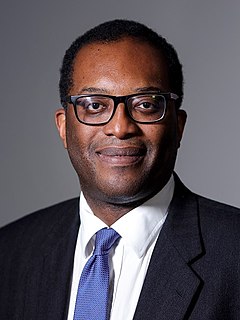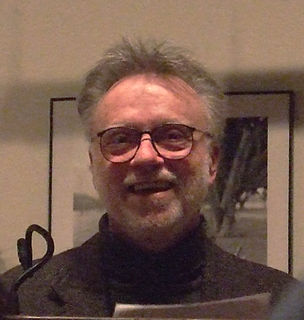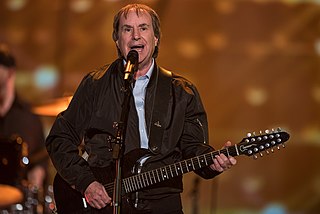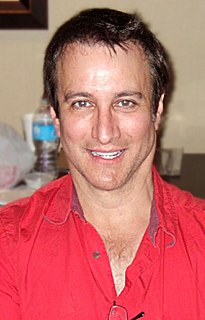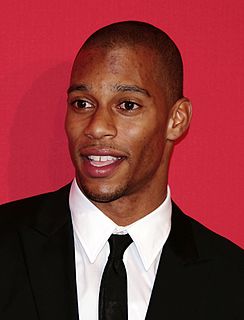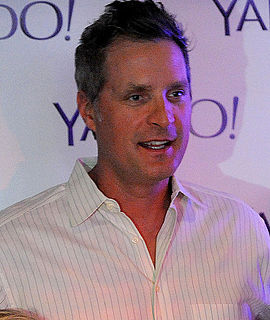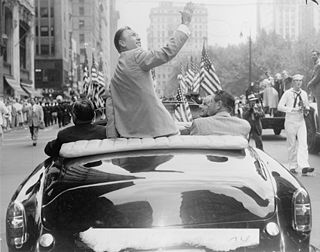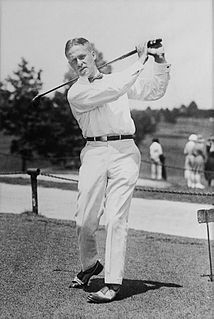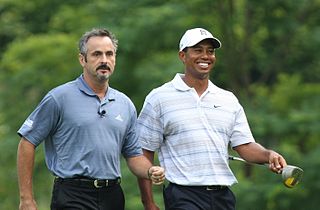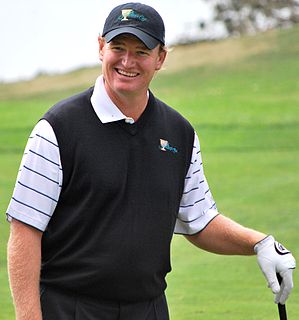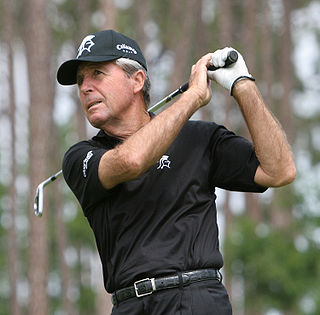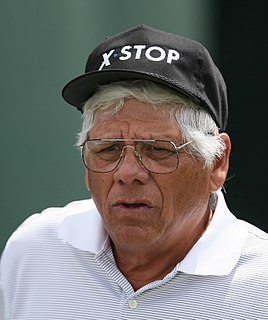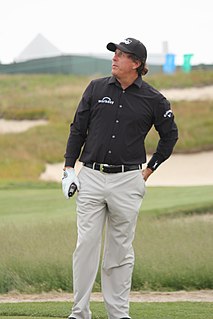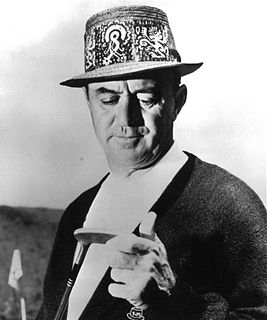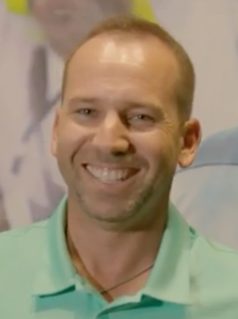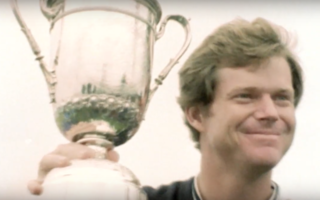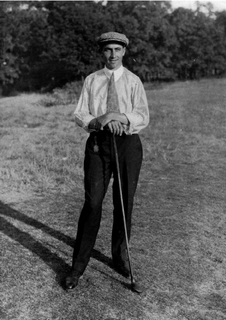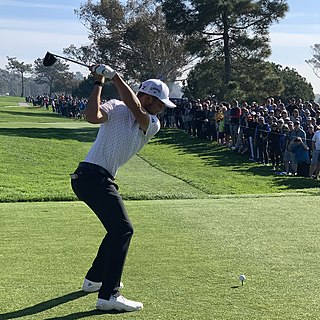A Quote by Tiger Woods
I remember there was a time when people were saying I could never win again.
Related Quotes
It was anyway all a long time ago; the world, we know now, is as it is and not different; if there was ever a time when there were passages, doors, the borders open and many crossing, that time is not now. The world is older than it was. Even the weather isn’t as we remember it clearly once being; never lately does there come a summer day such as we remember, never clouds as white as that, never grass as odorous or shade as deep and full of promise as we remember they can be, as once upon a time they were.
But Lunch Isn't That Bad, Really Once I get used to having to eat with two people instead of one. Two people who have known each other for such a long time that they practically speak in code. Two people who are always saying, "Remember the time when this happened?" and "Remember the time when that happened?" (Which, of course, I never do, because I wasn't there.) Well, okay, it is that bad. It sucks, even.
I remembered this one time that I never told anybody about. The time we were walking. Just the three of us. I was in the middle. I don't remember where we were walking to or where we were walking from. I just remember the season. I just remember walking between them and feeling for the first time that I belonged somewhere
I had a dual goal in my running that was to win and to achieve excellence, so I was never happy with a slow tactical time. If the race were slow I would get in front and pull it up again. I couldn't stand a slow race. A lot of people seem to get screwed up on tactics. There is only one tactic in a race and that is to always be in a position where you can win it.
Everyone in show business makes these sweeping, "I'll never work with so-and-so again," because that's the way you feel at the moment. It's a business where there really is no point in ever saying never. There are people I've sworn that I would never go near again, and then you see an interesting role that would put you opposite that person and you think, "Well, we'll work together, maybe they were having a bad year."
Pages were always supposed to be off-camera - we were supposed to be invisible. But I had a moment where I saw a kid who was ready to flip himself out of the balcony, so I ran down and grabbed him and put him back in his seat. I remember the stage manager taking me aside and saying, "Can you please never do that again? I know you were saving his life, but we have you in the shot."
I was less angry at [Carl] Armstrong, though I was angry at the people who came to his trial: Dan Ellsberg, who ordinarily I respected a lot; Philip Berrigan; the guy who teaches at Princeton still - I can't remember his name. And they were saying - well, they were saying, really, what Arthur Koestler had people saying on "Darkness at Noon." The means were unfortunate and, sadly, someone died, but the end is what is important and this was a great symbolic - something or other - sign against the war in Vietnam.
Donald Trump's slogan: "Let's make America great again." And when I hear that, that seems to suggest there was a moment in the past when America really was great, you know, when women knew their places, when we could set dogs on black people in Mississippi, when young people went and sit in at lunch counters and were assaulted by others. That's about the death of memory. That's about memory being basically suppressed in a way that doesn't allow people to understand that there were things that happened in the past that we not only have to remember, we have to prevent from happening again.
Mustafa Kemal's government was certainly authoritarian, but he had a saying which is profoundly true, I don't remember the exact words, but what he said was that I am a dictator so that there will never again be a dictator in Turkey, and I think that was right. He felt that there were certain changes which needed to be made. He wanted to make those changes, he felt they were essential.

